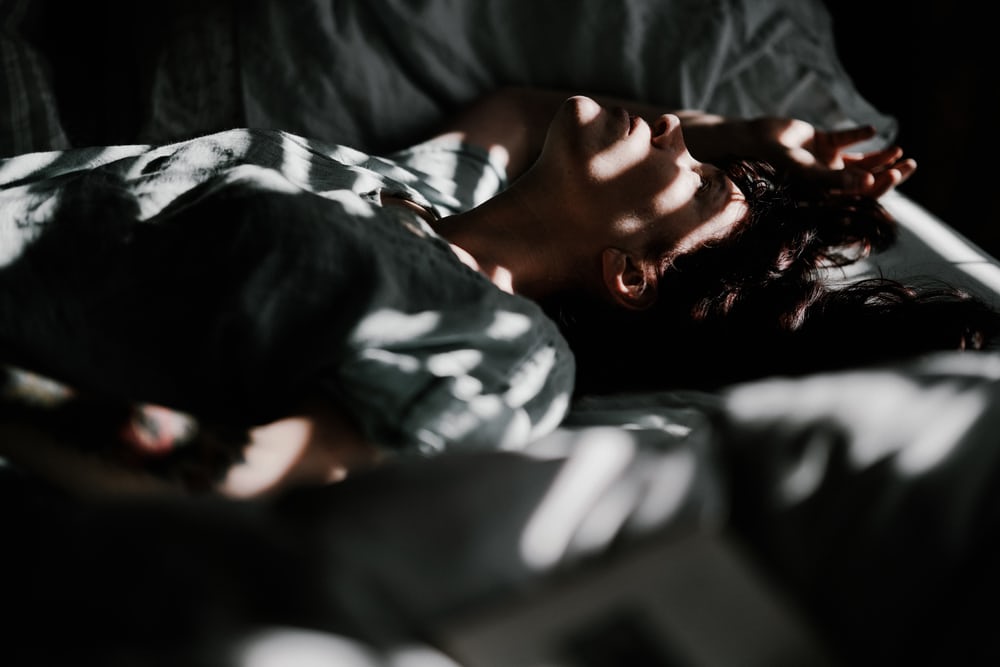Insomnia and Sleep Disturbances

Do you ever find yourself awake at night staring at the ceiling? Do you sometimes lay in bed worrying all the while struggling to fall asleep? Or maybe you have difficulty staying asleep and find yourself waking up in the middle of the night and have trouble getting back to sleep, or you simply wake up earlier than you'd like, but find it impossible to go back to sleep.
If any of these examples sound like something you've experienced, chances are that you've had some form of insomnia, and depending on how often this happens to you, your restless nights could be sign of a serious sleep disorder.
Why Is Insomnia Bad for You?
Many people with insomnia report daytime problems such as feeling tired, daytime sleepiness, low energy, difficulty concentrating, irritability, grogginess, depression, forgetfulness, decreased performance at work or school, having accidents at work or while driving fatigued, and overall decreased quality of life.
Causes of Insomnia
Insomnia can be caused by many factors, including:
Excessive worry
Stress
Receiving bad news
Jet lag
Shift-work
Illness
Emotional or physical discomfort
Environment noise, light, or temperature
Stimulants such as nicotine, caffeine, and alcohol
Taking naps during the day
Poor sleep habits
Certain medications
Depression
Anxiety
Chronic stress
Pain or discomfort at night
Other medical and psychiatric conditions
Other sleep disorders, including sleep apnea, restless leg syndrome (RLS), narcolepsy, and circadian rhythm disorders may require sleep study to get at the root cause.
Treatment of Insomnia
Occasional insomnia often requires no treatment and symptoms usually go away on their own. People who regularly suffer from insomnia and feel that their symptoms are impacting their daily lives should seek treatment.
At Family Psychiatry, Counseling and Wellness we provide multiple methods to treat your sleep disturbance:
Treatment of underlying condition
Behavioral therapies
Cognitive and behavioral approaches
Relaxation and meditation techniques
Breathing exercises
Teaching sleep hygiene practices
Natural remedies
Supplements and minerals
Herbs and teas
If insomnia is chronic and severe, we may recommend treatment with prescription medications such as benzodiazepine hypnotics, non-benzodiazepine hypnotics, and melatonin receptor agonists.